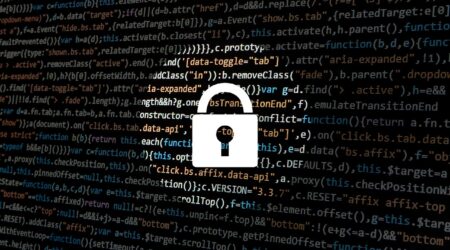Cyber Liability Insurance
With the widespread digitization in this day and age, it is becoming increasingly common for both small and large businesses to be exposed to sophisticated cybercrimes and data breaches. Data breaches have affected way too many businesses, institutions, banks, and even the federal government in the last couple of years to remain a passive cybercrime anymore.
It might be worthwhile to note that a data breach can not only damage your business' computer system but also destroy your reputation in the market and put the lives of your employers and clients at risk. That being said, it has become mandatory for all large as well as small businesses to have cyber liability insurance in place.
What is cyber liability insurance?
Cyber liability insurance is one of the most effective ways of managing risk so you can sleep at night. Also known as cyber risk insurance or simply cyber insurance policy, a cyber liability insurance coverage is typically designed to help organizations minimize their risk of exposure by covering for the costs associated with recovery after a data breach or cyberattack has occurred.
In other words, a cyber liability insurance policy provides coverage for your business’ liability in the event of a data breach that resulted in the unauthorized access of sensitive customer information. The aforementioned sensitive information might include credit card details, social security numbers, account numbers, health records, and driver's license numbers.
While most people believe otherwise, your general liability insurance does not provide any form of coverage against cyberattacks. It only covers for claims made in lieu of property damage and bodily injuries that might have occurred due to a fault or defect in your operations, services or products.
What type of coverage does a cyber liability insurance policy provide?
More often than not, cyber liability insurance coverages may be categorized as first-party coverages and third-party coverages. Here is an overview of the type of coverage you might be able to get from your cyber liability insurance policy.
Damages or loss of electronic data
A cyber liability insurance policy will effectively cover for losses incurred as a result of theft or damage of your electronic data, even when it is stored on a computer system that belongs to someone else. However, for a data loss to be covered, it must arise out of a risk that has been covered under the policy such as a virus, hacker attack and so on.
Reputation damage
In case of a data breach, your business might be exposed to the risk of having your brand’s reputation damaged. As such, there are certain cyber liability insurance policies that provide coverage for the costs incurred for correcting the situation through public relations and marketing campaigns. In some cases, this type of coverage is referred to as Crisis Management.
Lawsuits and extortion
Data breaches can often lead to loss of confidential information as well as intellectual property. In some cases, it can also lead to companies being blackmailed or threatened by hackers in exchange for a sum of money. For instance, a hacker might access your computer system and gain control over it. He might then threaten to commit a malicious act such as damaging your data, injecting a virus or crashing your system unless you pay him the sum demanded. Cyber liability insurance is a helpful tool that provides coverage for costs associated with such cyber extortions, legal settlements, as well as regulatory fines.
Proper knowledge of the importance of cyber liability insurance cover can be helpful in not only repelling cyberattacks on your business' network but also ensuring that your business does not suffer at the hands of criminal minds.













Leave a Reply